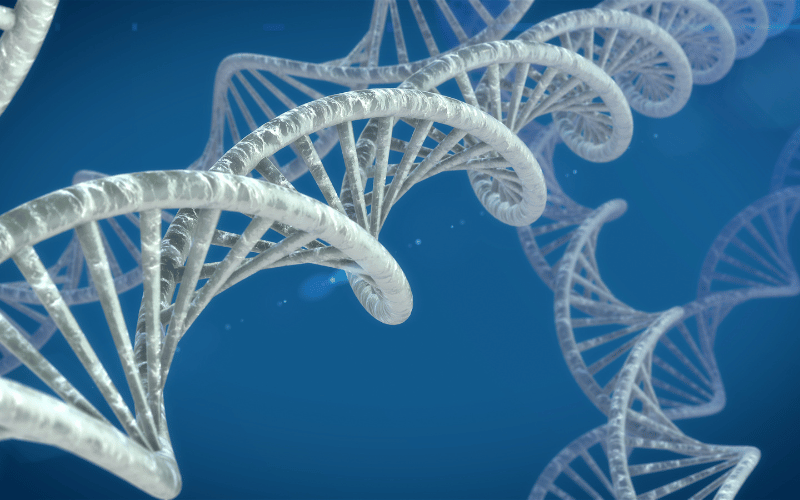5. Genetic Predisposition: It’s In Your DNA

Some of us carry a higher genetic risk for developing lung cancer, and no, it’s not necessarily tied to lifestyle choices or exposure to external factors. Several genes are involved in the complicated puzzle that is lung cancer, with mutations in these genes predisposing individuals to the disease.
BRCA2, KRAS, and EGFR are some of the genes linked to a higher lung cancer risk. In families where lung cancer seems to occur more frequently, genetic testing can reveal mutations in these and other related genes. It’s a complex interaction between your genetic makeup and other risk factors that ultimately dictates your risk level.
Interestingly, genetic predisposition doesn’t work in isolation; it often interacts with other risk factors to boost your chances of developing lung cancer. For example, a smoker with a genetic predisposition has a substantially higher risk compared to someone who smokes but doesn’t have the genetic factor. (5)